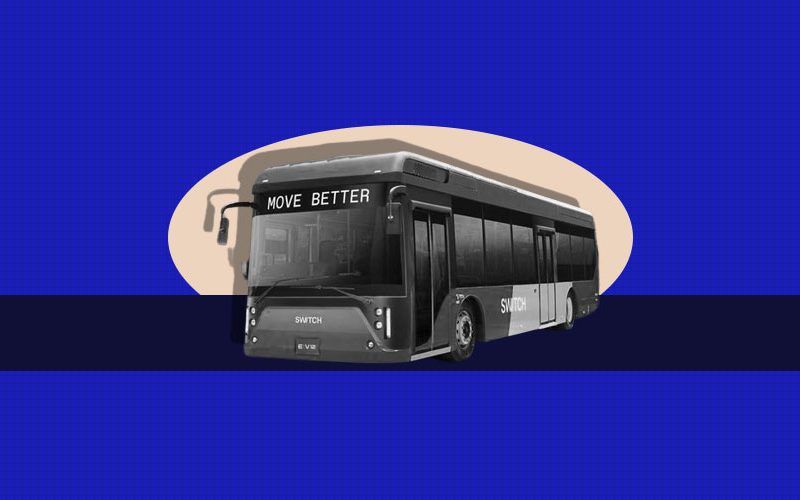Funding gap in E-bus manufacturering is threatening to slow the electrification of major public transportation
According to banking industry, and government sources, Indian banks are hesitant to lend to electric-bus manufacturers for supply to ailing state transport operators due to concerns about debt recovery, undermining the country’s goal of reducing vehicle emissions.
A lack of funding is limiting e-bus manufacturers’ ability to participate in federal government tenders, threatening to slow the electrification of major public transportation, which is currently reliant on diesel. Over the next four to five years, India plans to deploy 50,000 e-buses in batches at a cost of Rs 1 lakh crore ($12 billion). As of now, the federal government has approved 6,740 e-buses, with incentives for related infrastructure, nearly a third of which have been deployed in states. A senior bank official who did not want to be identified, said, lending to manufacturers to build buses for so-called state transport undertakings (STUs) is risky because many are in bad financial shape because they are frequently forced to keep fares low.
Most contracts related to STUs are seen by banks as high risk and called for payment security by bus manufacturers. There have been no instances of default in India though there are delays,” said an STU official in north India, but added that “a payment security mechanism may instill confidence among lenders”. Each electric bus costs around Rs 1.25 crore ($151,138), which is roughly five times the price of a diesel bus. Financing diesel buses are safer because banks can repossess the asset and easily redeploy it in the event of a default. However, e-buses require charging and other infrastructure that may not be available everywhere, according to another banker. Nonetheless, the government-run Convergence Energy Services Ltd, which aggregates state demand for electric vehicles, issued a tender on Thursday for 6,450 e-buses, the country’s largest so far.
Switch Mobility, PMI Electro, JBM Auto, and Ashok Leyland’s EV arm all responded to the latest tender. However, two sources said that Tata Motors, India’s largest commercial vehicle manufacturer, and Olectra Greentech, the Chinese automaker BYD’s Indian technology partner, were notable exceptions. A Tata Motors spokesperson, such ventures require “adequate safeguards with appropriate payment security mechanisms” to be bankable. Once such measures are in place, the company will consider participating in future tenders, according to the spokesperson. Olectra did not respond to a request for comment via email.
The road transport sector accounts for 13% of India’s carbon emissions. Buses are one of the most important modes of public transportation in India, with STUs owning and operating 150,000 buses that transport 70 million passengers per day. On the condition of anonymity, a federal government official stated that the demands of the industry would be considered. The Ministry of Heavy Industries, which promotes the use of e-buses, did not respond immediately to an email requesting comment.







